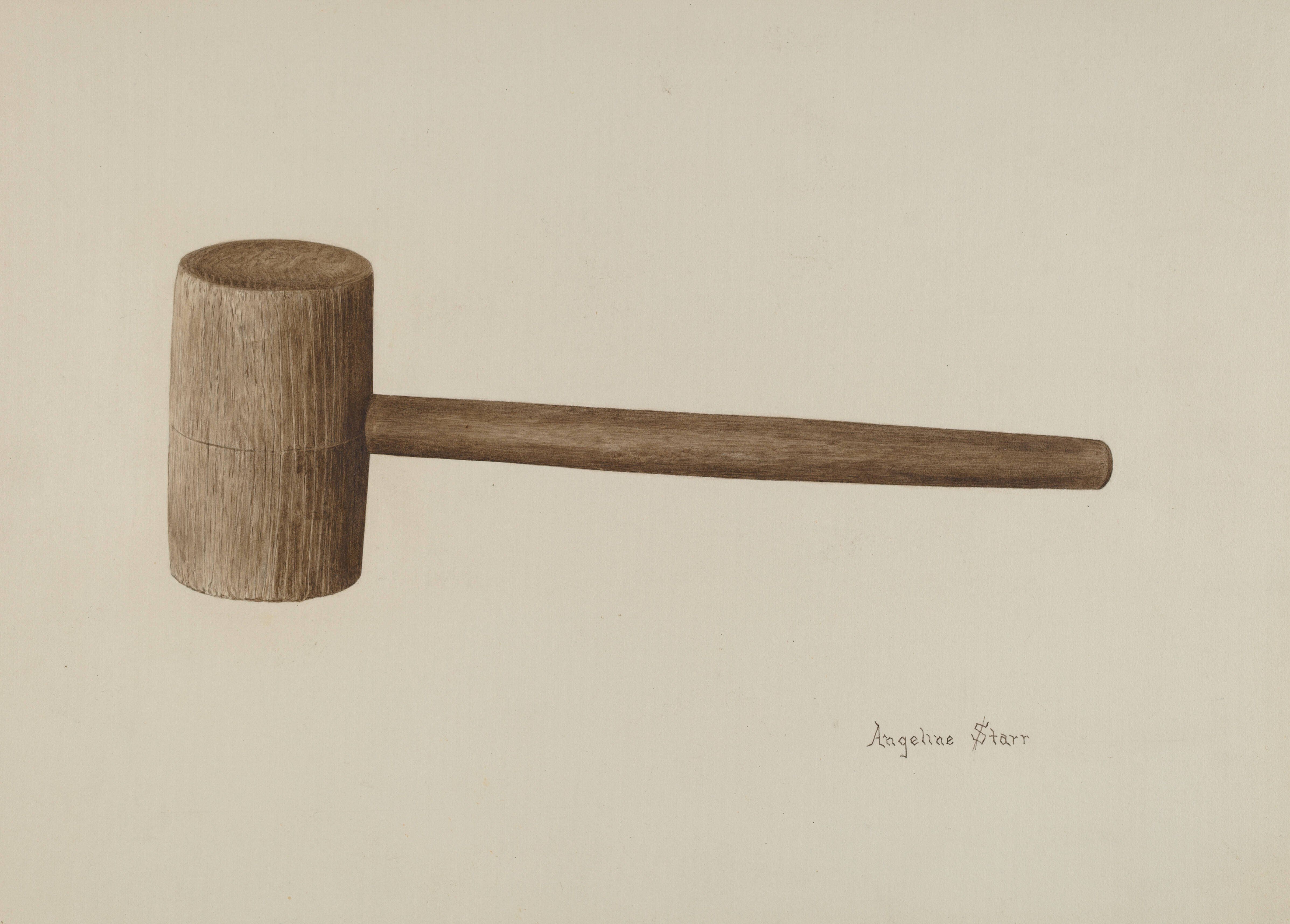May 30, 2024
When a plumber comes to your house to fix a leaky pipe, do you care what his or her politics are? When a barista serves you a coffee, or a cardiologist looks at your EKG, does it matter to you what they think of January 6th or the Gaza Solidarity encampments?
Probably not. You don’t expect political opinions or biases to affect the quality of your latté, your sink trap, or your medical care.
But what if it’s a Supreme Court justice, a high-ranking police officer, or a journalist?
Aha, now it gets trickier. These are all unelected positions that hold a lot of power when it comes to the functioning and fairness of our society. If those people are biased, do we want to know about it?
I’ve been thinking about this question after looking at two recent stories.
The first story is about flags. Supreme Court Justice Samuel Alito this week opted not to recuse himself from several upcoming cases that have to do with Jan. 6, 2021, despite evidence that flags associated with the “stop the steal” movement had been flown over both his home and beach house in recent years.
Alito’s explanation hinged on a novel use of the Henny Youngman doctrine: take my wife, please. That is: The flags had been flown by his wife, who “likes to fly flags,” and he had no legal grounds to force her to take them down even though he would’ve liked her to do so.
The second story is about tweets. Specifically posts by senior officers of the New York Police Department who have jumped on social media in recent months as part of what looks like a new communications strategy by the department. The officers have posted a lot: celebrating the work of the department (finding guns!, busting car meets!), clapping back at inaccurate media coverage, but also: attacking public officials they disagree with.
Chief of Patrol John Chell came under particularly close scrutiny by local lawmakers after tweeting that a city councilwoman who criticized the campus protest arrests was “not a real New Yorker” and “hates our city.” This came just a few weeks after he posted criticism of a judge for releasing a repeat offender on bail (but in the tweet, he misnamed both the location of the court and the presiding judge.)
It’s no secret that we live in a society where trust in institutions of all kinds – government, media, courts – is plummeting. Trust in the Supreme Court is near record lows. Fewer than half of Americans trust the police, and fewer than one in five trust the media or the criminal justice system. You already know that a large swathe of America won’t believe that Trump’s convictions on Thursday evening are legitimate.
But given all of that: might we want to know more about the prejudices of people whose positions of power are supposed to be objective – or less?
One the one hand, you might say, pull off the mask! Be real. The more transparency the better! Knowing the underlying biases of our justices, our cops, or our journalists helps us to judge their work, and hold them accountable, more easily. If I, as a writer, spew out all my political views and gripes plainly on social media, then you – the reader – have a keener sense of what to watch out for when you read my coverage, right?
On the other, doesn’t all that make problems of trust even worse?
In an ideal world, maybe we’d be confident that unelected people who operate the machinery of our democracy – judges, police, journalists – will do their jobs as free from political bias as plumbers, baristas, or cardiologists. But in reality, when we see that a Supreme Court Justice lives in a Jan. 6-sympathetic household, or that top police brass think certain people are “realer” New Yorkers than others because of their political views, doesn’t it fuel our sense that these institutions aren’t really impartial at all – and may never have been?
There’s no politics in a sink trap or a coffee grinder or a pacemaker – but there’s a lot of politics in decisions about protest, sedition, or speech. Objectivity matters. Under these circumstances, being up front about biases can be corrosive rather than corrective.
As we hurtle towards a deepening abyss of polarization and mistrust, what do we want as a society: a more chaotic transparency about biases, or the old silent facade of objectivity?
Write us here with your thoughts – if you include your name and location we may publish a part of your response in an upcoming edition of our newsletter, The GZERO Daily.
More For You
Most Popular
Fishing boats moored at Taganga Beach, as fishermen express concern over unclear US government videos showing strikes on vessels during anti-narcotics operations, amid fears that those targeted may have been fishermen rather than drug traffickers, in Santa Marta, Colombia, on October 20, 2025.
REUTERS/Tomas Diaz
Walmart’s $350 billion commitment to American manufacturing means two-thirds of the products we buy come straight from our backyard to yours. From New Jersey hot sauce to grills made in Tennessee, Walmart is stocking the shelves with products rooted in local communities. The impact? Over 750,000 American jobs - putting more people to work and keeping communities strong. Learn more here.
© 2025 GZERO Media. All Rights Reserved | A Eurasia Group media company.
